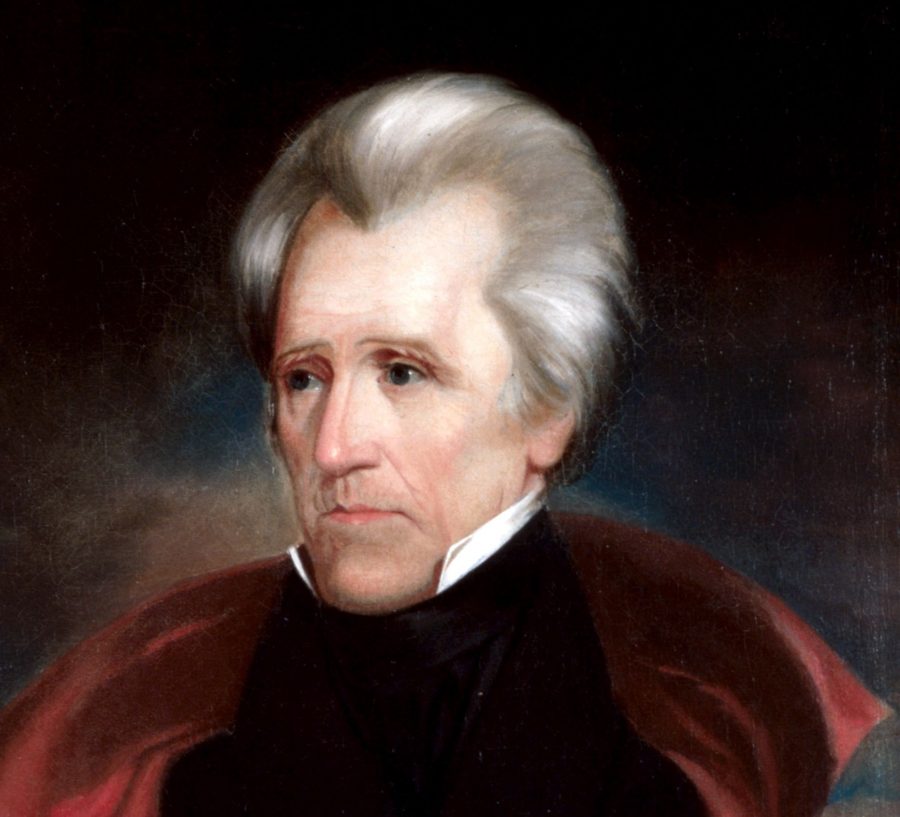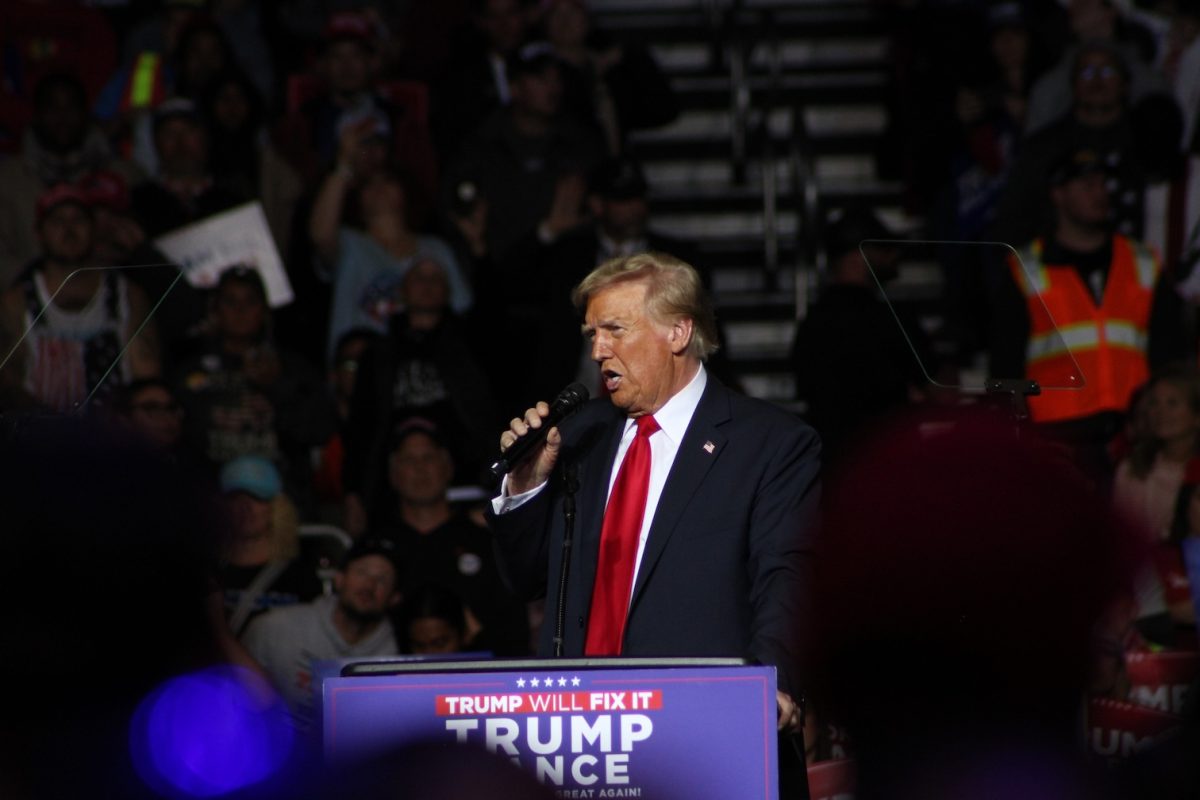In 1824, Andrew Jackson claimed that the presidential election was rigged after losing to John Quincy Adams in a very close and historic race.
Jackson had won the popular vote but failed to win an outright majority in the electoral. For the first and only time in U.S. history, the House of Representatives decided on the victor, which to Jackson’s disbelief was John Quincy Adams.
After the House decided Adams would be president, Jackson campaigned again, this time on the idea of a “corrupt bargain.” For the next four years, Jackson went on a crusade, attempting to paint himself as the victim of a failed democracy, claiming it was Adams’ colluding with then-Speaker of the House Henry Clay that assured his opponent the presidency.
Fast-forward to 2016, and Donald Trump is the first presidential candidate in modern history to call an election “fixed.” Like Jackson, Trump ran a campaign on the idea that he was the outsider, free from political corruption. What I find most unsettling though, is that it took Jackson’s campaign of negative rhetoric and corruption-claiming more than six years to gain public support, whereas Donald Trump did it in one.
Since Trump first tweeted the word “rigged,” connections have been made between the two elections almost 200 years apart and their “outsider” candidates. Like Trump, Jackson was not a career politician and ran his campaign in opposition to John Quincy Adams and Clay, who had both held public office their entire careers. He argued “nothing but the virtue of the people can guide the nation,” promising to fix his supporters’ problems no matter what the cost. Also like Trump, Jackson made his fortune in real estate, buying and selling lands that belonged to Native Americans, often bribing them into selling it for far less money than they desired.
Like Trump, Jackson was captivating. He did what he pleased, demanded respect and never gave up or caved in. Jackson once killed a man in an 1806 duel after he criticized his rhetoric in a newspaper.
Jackson went against wealthy elites, even though he himself had a considerable fortune. Ironically calling himself a Democrat, Jackson created a new party and promised to give the country back to the average man who had been robbed by those of political might and power.
Jackson, after losing to Adams in 1824, gained support not with policy ideas, but with his way of thinking and aggressive rhetoric that motivated an otherwise politically uninterested population.
He even had a wild head of hair, too.
What is most notable, however, is both men’s aim and ability to garnish support from a white, male, working-class population. Jackson attempted to appeal to all races, but owned over 150 slaves himself. When his southern supporters grew tired of a Native American presence, Jackson forced the entire race into exile in the West. Jackson’s America was an America for white people, and so is Trump’s.
Trump has called for the “total and complete shutdown” of Muslims entering the United States. He has promised to “make America great again” for those who have apparently been negatively affected by things like the economy, immigration and terrorism.
Upon losing the election, Jackson claimed corruption and inevitably achieved the nation’s support, winning the presidential election twice after that. But Jackson’s triumph in doing this cannot be equated to what Trump accomplished yesterday. Jackson ran for the presidency when women could not vote, slavery was legal and the idea of American inclusion, freedom and opportunity for all was profoundly different from our current understanding.
In 1824, we were a new country, enhanced by raw youth and energy. There existed a sense of optimism for the future and a promise that we would advance as a nation. Although Jackson’s ideas and beliefs resemble Trump’s, they existed in 1824 and have evolved to give us the nation that we live in today. If we allow Trump to dismantle our democracy in the cause of remaking greatness, we defy every notion of progress.
Today, our institutions are more complex, but public opinion is much more delicate. Americans are more ready now than ever to believe the worst (evidenced by the outcome of yesterday’s election). I deeply fear the impact that Trump might have if he continues to pin an evolving nation and world against the stability of a once-dominant white male population.
Today, leadership is more than just a strong man with a powerful demeanor and a gun. As I watched the Donald walk across the stage last night, I couldn’t help but feel we were retreating rather than progressing. We are past the age of Jackson, and I hope that in light of Trump’s victory, we are still able to understand that.





